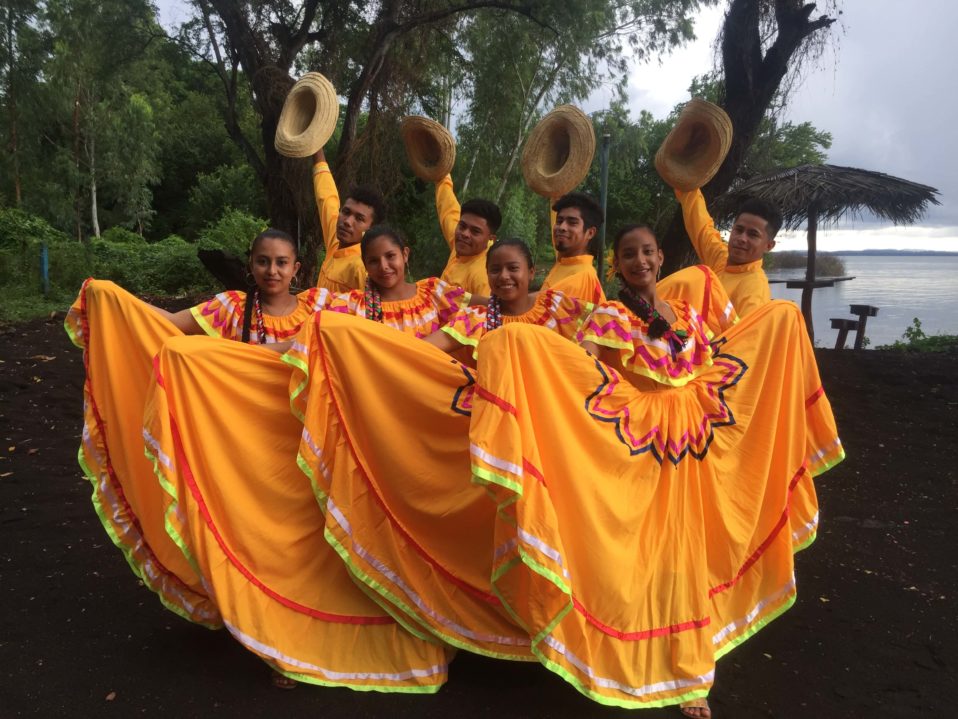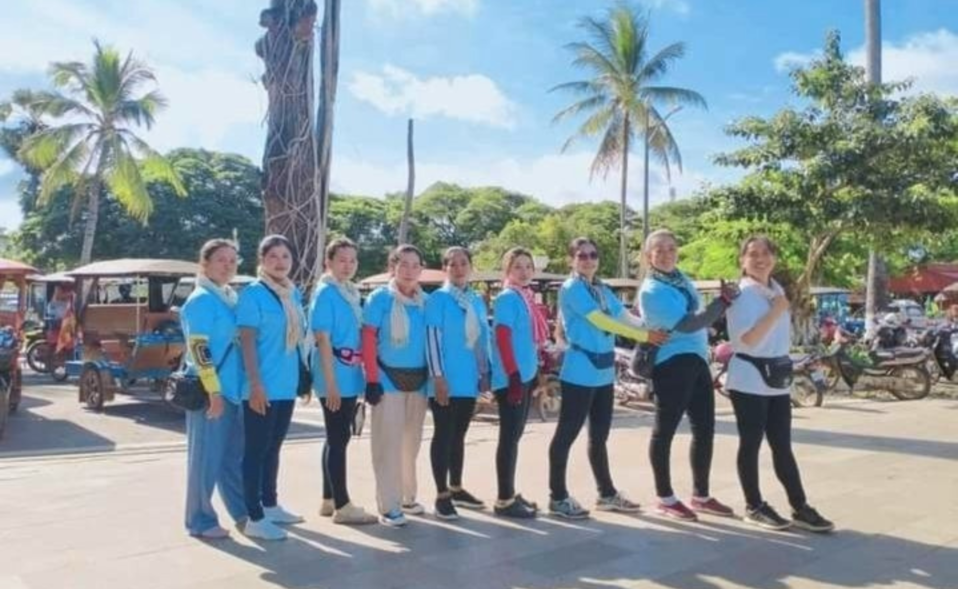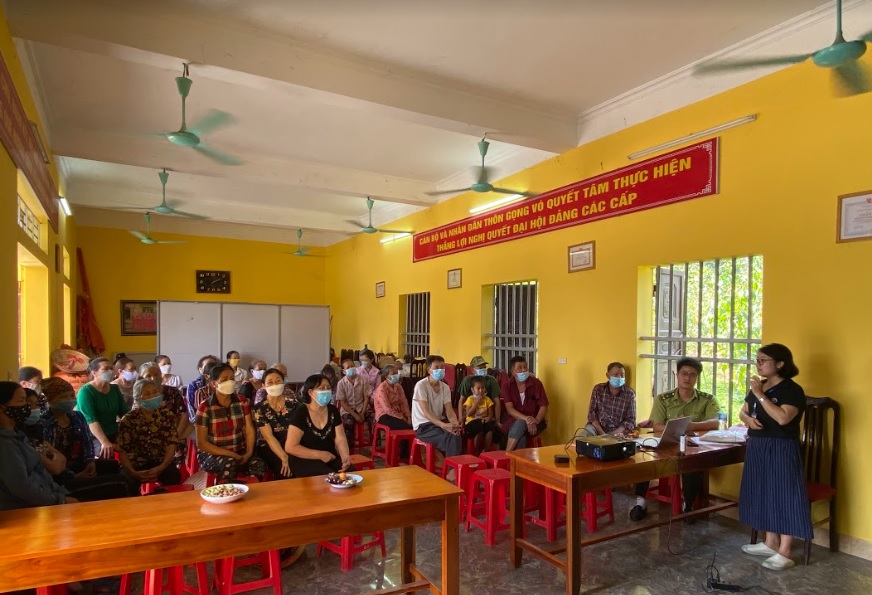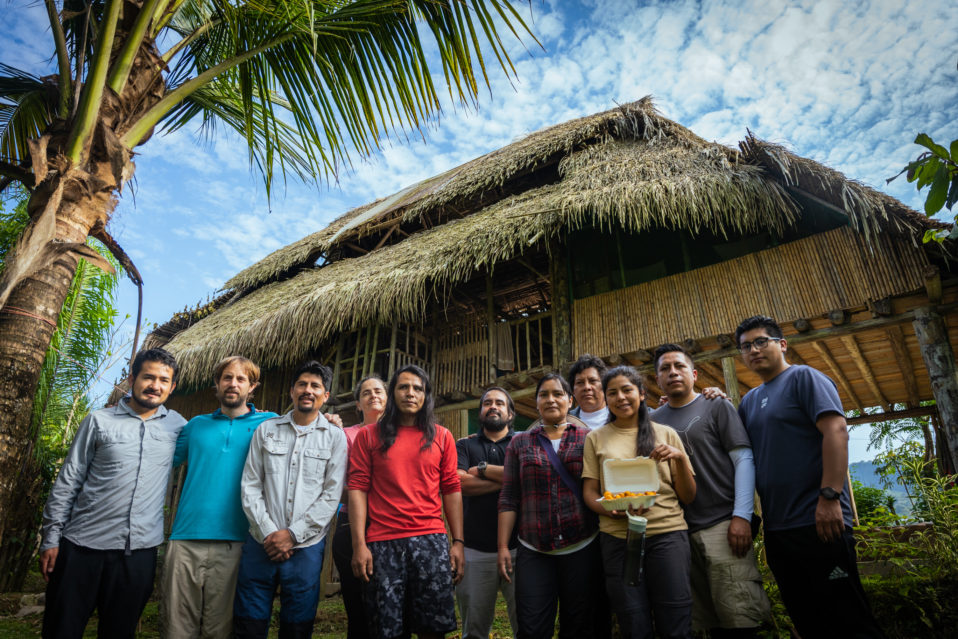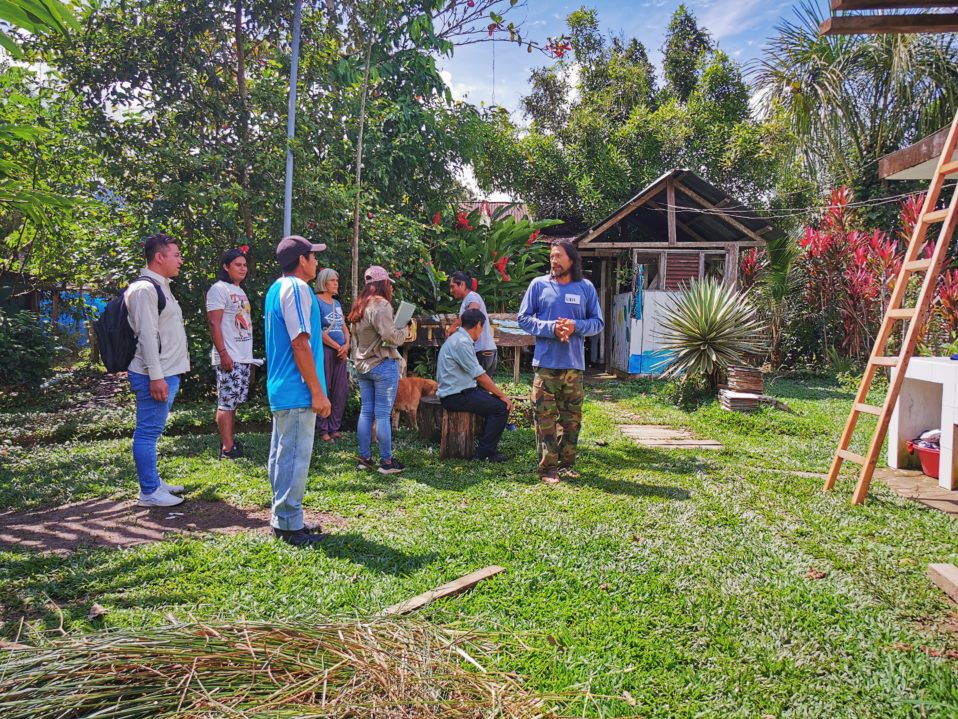As 2022 came to an end, so did the ‘Sustainable Tourism and Protected Areas in a Post-COVID World’ project, funded by the Deutsche Gesellschaft für Internationale Zusammenarbeit (GIZ) GmbH, in which we collaborated with the International Union for the Conservation of Nature (IUCN). With this project, we aimed to bridge the gap created by the pandemic on tourism and develop a more crisis-resilient and sustainable landscape in and around protected and conserved areas. The focus was also on improving the ecological and social aspects of tourism and rebuilding better for people, wildlife, and ecosystems. To achieve this, IUCN and Planeterra worked in the Río Abiseo National Park and Amarakaeri Communal Reserve (Peru) to provide training and capacity building to community members. Through this, both organizations were looking to uplift local tourism businesses and increase their benefits, build common visions through action planning, and provide recommendations to protected area staff and management, as well as global guidance and best practice solution sharing based on lessons learned from the project. We used MEET Network’s experience and methodology to inform and provide guidance and content to the project, including its actions with project sites. Also, the IUCN Green List Standard was core to the success of the project. Our work in Peru Because of COVID-19, the access roads to the Río Abiseo National Park were closed, the flow of visitors decreased, and economic activities based on agriculture, forestry work, and local commerce were limited. Even though the situation of tourism in the area seemed to be improving at the start of 2022, there were still some barriers for community members. Some of these included having limited access to training and funding opportunities to develop unique and meaningful community tourism enterprises that go along with the flow of visitors around the local tourist attractions (e.g. the improvement of food and lodging services that already existed). Through this project, we worked with five rural communities (San Juan del Abiseo, Pizarro, Pucallpillo, Santa Rosa and Dos de Mayo) in this protected area. Check out this blog post and meet some of the local entrepreneurs at Río Abiseo National Park who developed and improved their community tourism products and experiences by working on this project with IUCN and Planeterra. In the Amarakaeri Communal Reserve, the COVID-19 pandemic paralyzed the flow of tourists. Given that the community has been hosting travellers for over 10 years when tourism came to a halt it left severe economic losses. This meant that they had to go back to traditional fishing, hunting, agriculture and other extractive activities as a survival measure. Talking about tourism, in this protected area we worked and supported the Indigenous communities of Queros, Shintuya, Puerto Azul Mberowe and Boca Ishiriwe. They were already involved in the tourism sector, and some of them had formal organizations and basic tourism facilities to host tourists. However, there was still the need to provide training and capacity building to improve the existing community experiences, effective market access, as well as access to tools for responsible tourism development, basic sanitation, and improving the quality of life of the local population. To get a [...]


